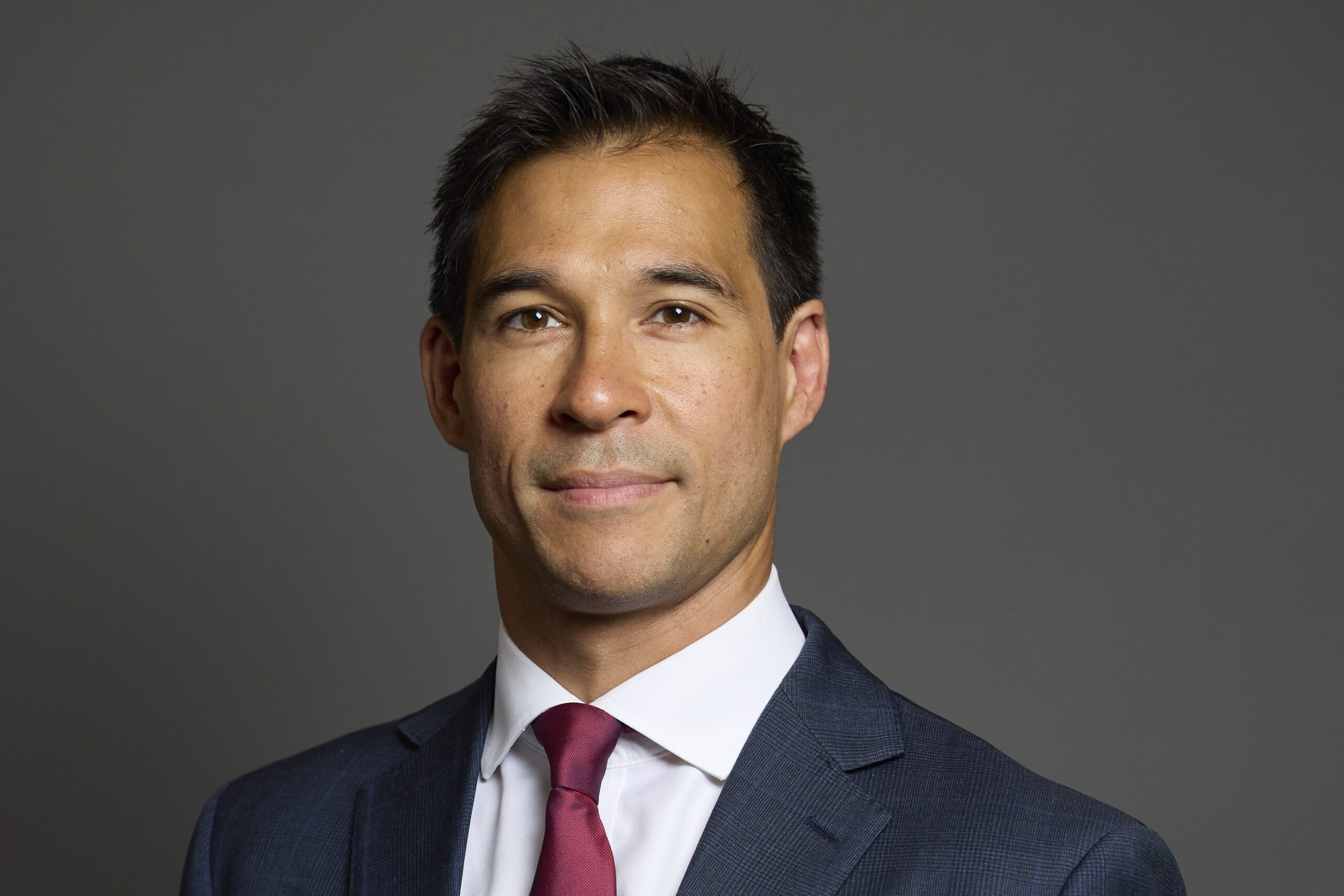It was an honour to lead the Westminster Hall debate on the decriminalisation of abortion on 2 June 2025. My speech focussed on whether abortion should be de-criminalised. While a small number of MPs spoke passionately against decriminalisation, most MPs favoured this change. Their support was based on arguments about bodily autonomy, protecting vulnerable women and showing compassion. Many believed that abortion should be treated as a healthcare rather than a criminal justice issue, especially given the rise in investigations and prosecutions of women and concerns about how the criminal justice system is used.
So what would decriminalisation look like? The debate heard from the two senior MPs who propose different amendments to the Crime and Policing Bill regarding abortion – Tonia Antoniazzi MP and Stella Creasy MP. Their amendments would apply in England and Wales only. I deeply respect both Parliamentarians for their leadership and tireless work on this issue.
At the time of the debate, I was drawn to the Antoniazzi amendment, NC1, and was inclined to support it. This was mainly because it was a narrow, simple amendment that excluded pregnant women from prosecution under outdated criminal abortion laws, which is my chief concern.
After the debate, I explored both amendments further and read additional material from both campaigns. Having done so, I am now backing the Creasy amendment as I explain below.
First, the Antoniazzi amendment (NC1) leaves the abortion offences on the statute books. While the amendment would remove the risk of the pregnant woman herself being prosecuted, the woman’s partner could still be prosecuted if they assist in procuring a miscarriage under s. 58 of the Offences Against the Person Act 1861. That law would remain on the statute books, together with the other abortion related offences. NC1 excludes pregnant women from criminal liability, but leaves partners exposed to the risk of prosecution. It therefore only partially decriminalises abortion, and unnecessarily carries over a problem for the future. By contrast, the Creasy amendment, NC20, repeals all of the abortion related offences from our statute books.
Second, the Creasy amendment (NC20) preserves the Abortion Act 1967, s.1, as the gateway to lawful abortion. It does this by converting the defences in s. 1 into situations when “a pregnancy can only be terminated…”. As stated in the Abortion Act s.1, abortions can be accessed, and would continue to be capable of access:
(1) Where there is a risk of injury to the mother’s physical or mental health, up to 24 weeks’ gestation; and, at any stage of pregnancy,
(2) To prevent grave or permanent injury to the mother;
(3) The pregnancy risked the mother’s life; or
(4) There is substantial fetal abnormality.
The consequences for a medical practitioner providing abortions outside of these situations would be a matter for their regulator, not the criminal law.
Third, Creasy’s amendment NC20 “locks in” the above four baseline rights, while also requiring the Government to expand abortion rights – so far as it considers appropriate – to align with international law (specifically paragraphs 85 and 86 of the CEDAW Report). This means that, if the Government thinks it necessary to upgrade abortion rights beyond s. 1 of the 1967 Act to comply with international law, then it must do so (see NC20, subsection (1) & (8)-(10)). Having been a lawyer specialising in human rights and equality law for 19 years, and as a former counsel to the Equality and Human Rights Commission, this human rights approach to abortion is a key attraction of Creasy’s amendment.
I have heard some say that NC20 would render the Abortion Act 1967 “obsolete”. That is right in the sense that, under Creasy’s amendment, the 1967 Act would no longer contain defences to a criminal offence. However, Creasy’s amendment “locks in” the four Abortion Act rights I have listed above; it does not delete them. Neither does it leave any gap in regulation: medical practitioners’ regulators will adjust their rules in line with whatever Parliament has legislated, as is usual practice.
Some have also said that the powers given to Ministers to upgrade abortion rights (see third point above) could be used by an unsympathetic government to undermine abortion rights. I strongly disagree; NC20 leaves no room for this at all. Subsection 9 contains what Creasy calls a “triple lock”: the power could not be used to amend the section, reduce access to abortion services, or amend s. 1 of the Abortion Act. I agree that NC20 provides three separate legal barriers to any Ministerial attempt to erode rights; and gives a framework for increasing them in line with human rights law. I do not think NC20 creates any realistic scenario in which abortion rights could be cut down; the truth is the opposite.
Creasy’s NC20 very closely follows the legislative scheme that has been in force in Northern Ireland since 2019. I have not heard any criticisms of that regime from a practical or principled standpoint.
I therefore intend to support NC20, which is my preferred avenue for decriminalising abortion. I urge colleagues to do the same.

